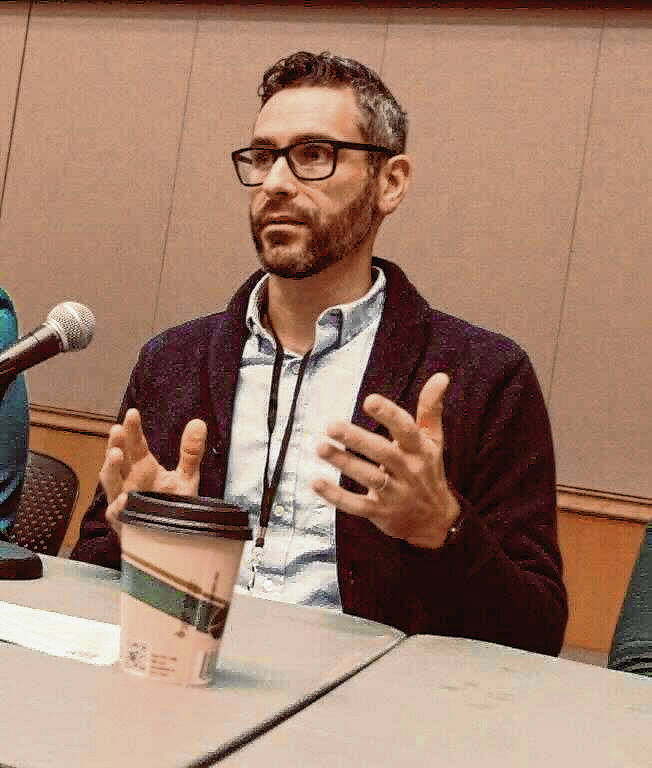The Clark Pleasant branch of the Johnson County Public Library will host an event on white supremacy and environmental racism Nov. 15.
Public historian Ben Clark, a graduate research assistant for the IUPUI Arts and Humanities Institute, has been presenting lectures on the topic for almost a year, presenting at colleges and libraries across central Indiana and as far as Richmond and Lafayette, Clark said.
The 6:30 p.m. lecture, titled “Building Bridges: White Supremacy and Environmental Racism,” is free and open to the public. The program will include a question-and-answer portion and will look at some examples of environmental racism in Indianapolis, along with some national examples, he said.
Clark will review the impact of a groundwater contamination in the Martindale-Brightwood and Riverside neighborhoods in Indianapolis, both of which are mostly Black. Clark will also look at an out-of-state issue that affected communities in Louisiana along the Mississippi River. The area was called ‘cancer alley’ due to petro chemical plants built nearby, Clark said.
“All these communities in that area have unusually high cancer rates, and not coincidentally, they’re predominantly Black,” he said.
Clark said he became interested in the topic of environmental health issues, its ties to white supremacy and their effects on minority groups in the United States after initially focusing his research on climate change, he said.
“I have a background in history and anthropology, trying to understand the lived experience and the human story,” Clark said. “I wanted to understand the role of racial capitalism and white supremacy on environmental injustices. Over the course of my research I was able to put together this talk.
The IUPUI Arts and Humanities Institute has a variety of programs about environmental issues and Hoosiers’ relationship with the environment, said Megan Telligman, the organization’s program director.
“We want to encourage Hoosiers across the state to have access to really great scholars working in our state,” Telligman said. “Whether it be history, literature, or public policy, folks spent a lot of time researching our state. This is a good way to get a lot of face time with a scholar who has spent a lot of time talking about Indiana. Ben will talk about some of the most urgent issues of our time. As we discuss the impacts of climate change and environmental issues happening in Indiana, acknowledging how racism can play out is an urgent and important conversation to have.”
People who attend should do so with a willingness to learn, even if they may at first disagree with some of the topics of the lecture, Clark said.
“I would just ask people to come with an open mind and have their eyes opened a little bit, the way mine were a few years ago when I first started learning about the topic,” he said. “You’re not going to be grilled or called out, just come and listen with an open mind. You might learn something, you might not.”





